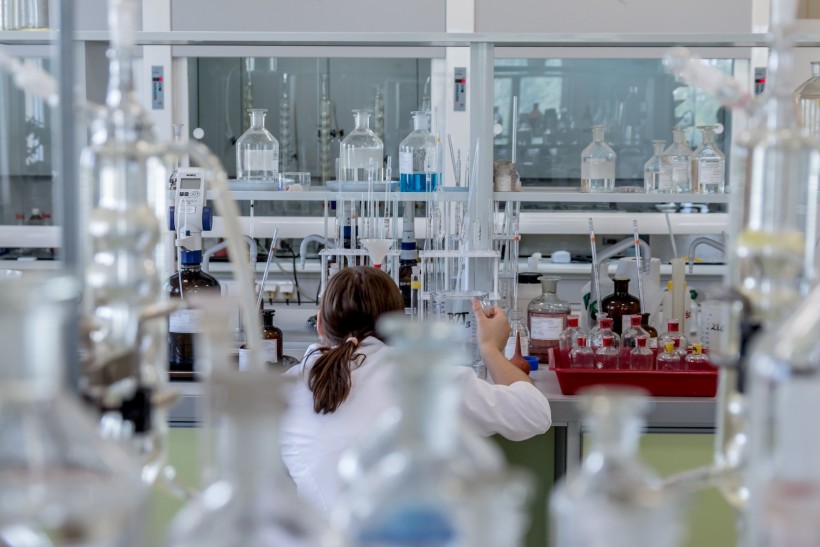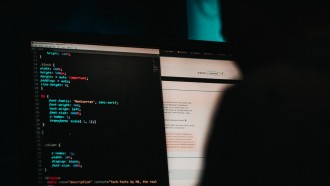Chinese researchers have exhibited an artificial intelligence (AI) system that can aid in chemical research and experiments, as reported by China Science Daily and the Global Times.
According to researchers from the University of Science and Technology of China, the all-encompassing AI-Chemist system is outfitted with a scientific mind capable of carrying out all crucial processes needed for chemical research.

AI-Chemist
The AI-Chemist enables automatic data collecting, processing, analysis, and display. As per the Global Times report, the system can automatically find and read pertinent literature from a cloud database and then suggest experimental ideas accordingly.
The full experimental process can be carried out automatically on more than 10 workstations with the help of a mobile robot that the AI-Chemist can manage both locally and remotely.
The computational brain of the AI-Chemist may simultaneously examine the experimental data and suggest a new hypothesis for the following iteration.
According to a recent study published in the journal National Science Review, three separate chemical tasks were used to gauge the AI system's proficiency.
However, the system is still in its early phases, and we might likely be seeing more of it in the future once it becomes fully fleshed out by the researchers.
Read also: Bias AI? Study Finds that AI Algorithms Can Identify Someone's Racial Identity Based on X-rays
AI's Advancement in Chemistry
Artificial intelligence has come a long way in the field of science, especially in chemistry. Scientists used it for their studies involving the examination of a living body's molecular components.
Deep learning has advanced AI to the point that it can now assist specialists in assessing organic molecules and even developing building blocks.
A specialist in chemical research has recently shown that an AI can learn how to investigate protein folding and also presented how the problem underlying this method was resolved.
It is worth noting that protein is an essential component of all living things because it helps the cells carry out several tasks, such as molecular transportation and food digestion.
However, a protein must first go through a process known as "protein folding," which entails twisting and bending the protein chain into a 3D structure in order to carry out its functions.
In the last 50 years, scientists have been perplexed by the protein-folding puzzle. Not one of them even came close to finding the answer.
The experts finally saw the light when DeepMind, a Alphabet division specializing in artificial intelligence, launched its Alphafold program in 2016.
They claimed that this training set has a variety of architectures from hundreds of proteins. AlphaFold has been successful because it was able to resolve the mystery of protein folding.
Although it's not intended to predict protein interactions, it has made a tremendous name for itself in the field of chemistry. This just shows how far AI has come in advancing this branch of science.
Related Article: AI Can Now Determine Human's Response to Drug Compounds, Applicable for Medicine Development
This article is owned by Tech Times
Written by Joaquin Victor Tacla





